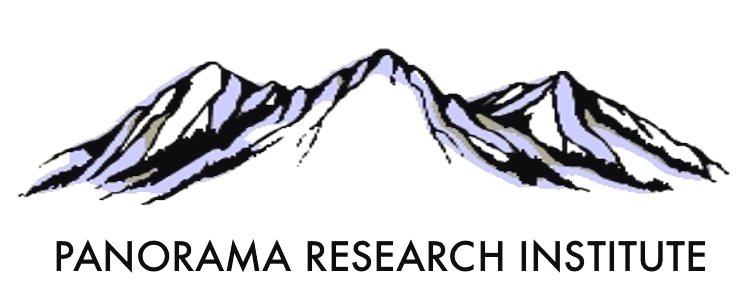Epigenetic Age Reversal by Cell-Extrinsic and Cell-Intrinsic Means
Abstract
Reversal of aging by factors or drugs that reprogram adult cells to induced pluripotent stem cells suggests that at least at the cellular level aging may be reversible by resetting somatic cell state to a "ground state." An open question has been whether such rejuvenation is possible in whole organisms, especially in mammals. A related key question is whether rejuvenation can be dissociated from dedifferentiation. Several recent reports suggest that one prominent biomarker of mammalian aging, age-associated DNA methylation (DNAm) state that has been used to create DNAm age (DNAma) clocks, can be partially reversed by intrinsic treatment of cells with sets of reprogramming factors without affecting cell fate. Partial reprogramming using a superset of reprogramming factors applied transiently or subset of Yamanaka factors applied continually can increase regenerative potential, and reverse DNAma, while maintaining cell identity. Alternatively, a cell-extrinsic manipulation can accomplish something similar. A small preliminary clinical trial in humans suggests that systemic treatment with a cocktail of growth hormone, dehydroepiandrosterone, and metformin could also partially reverse DNAma and at the same time regenerate the thymus, which shrinks with age. Important questions are raised: How completely does reversing DNAma clocks embody a reversal of other age-related phenotypes, such as functional decline in strength, cognition, or immunity? How universal are these epigenetic changes at the tissue and cell levels? For example, do populations of younger stem cells exist that respond to these manipulations and then only confer the appearance of decreasing DNAma as they proliferate and differentiate? Together, these studies have profound implications for the development of antiaging and healthspan-enhancing therapies. A combination of both intrinsic and extrinsic modalities will most likely provide an optimal benefit.
Keywords: DNA methylation; aging clocks; epigenetics; growth hormone; reprogramming.
